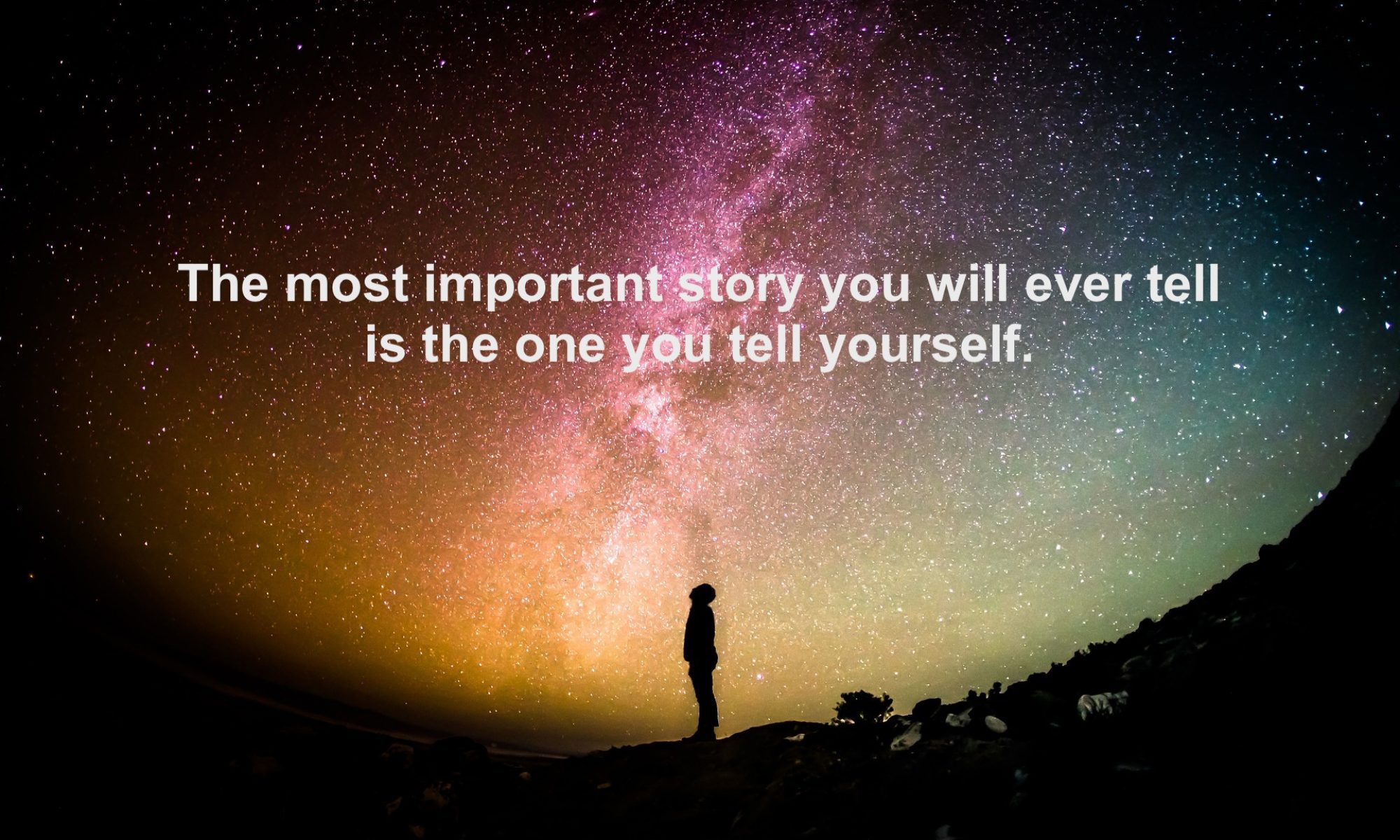Once upon a time there were three teenaged girls: Mary, Sarah, and Lisa. One weekend they went camping with their adventure club and, being friends, all stayed in the same tent together. Many years later Mary told me about a most remarkable event that occurred that fateful night. At one point she awakened to see her sleeping friend Lisa float above her mattress and levitate!

Now I consider myself to be fairly open minded, but I was more than skeptical. I knew she was still in touch with Sarah, and I suggested she ask her if she remembered anything about it. She did. Sarah said she had dreamt that Lisa levitated and told Mary about it. Lisa never levitated, and Mary didn’t see any such thing. It was all someone else’s dream that over the years became a false memory of Mary’s.
False memories happen all the time. In fact, there are several kinds of false memory. In our example of Levitating Lisa, Mary’s false memory was based on Sarah’s dream. There are a few other ways the false memory could have been formed. It could have been Mary’s own dream that created an impression that later was mistaken by Mary as a memory. Mary could have seen Lisa levitate and later falsely “remembered” it as a dream. Mary could have seen a movie or read a book about a levitating girl and later come to believe she had actually witnessed it. They key point is not all of your memories are based on actual events, no matter how real they seem to you.
“What you think you become.” — Buddha
When you see something happen before your eyes it is an experience. After the moment passes, it is an impression that is stored in your mind, and may later be recalled as a memory. There are other ways of forming impressions, such as imagining, watching a movie, reading a book, hearing a story, looking at a picture, or having a dream. Psychologists have a name for this phenomenon of misremembering impressions—they call it confabulation. (What a great word! I love how it just rolls off the tongue!) Your brain doesn’t always remember these impressions accurately. Often it does not even remember what kind of impression it is recalling.
What does this have to do with your inner story? Everything! Your inner story is also a confabulation! Maybe it happened, and maybe it didn’t. If it did, you might remember it wrong. Maybe it was all a dream.
Some of your formative memories (impressions) may not be accurate, or may not even be recollections of actual experiences. They become part of your false narrative that continues to serve as a script for your life. Whether the memory was accurate or not does not matter to your brain. It is interpreted or misinterpreted, and it can also be reinterpreted. You can rewrite your inner story in light of later knowledge, experience, and insights. And when you do, your whole world changes.
